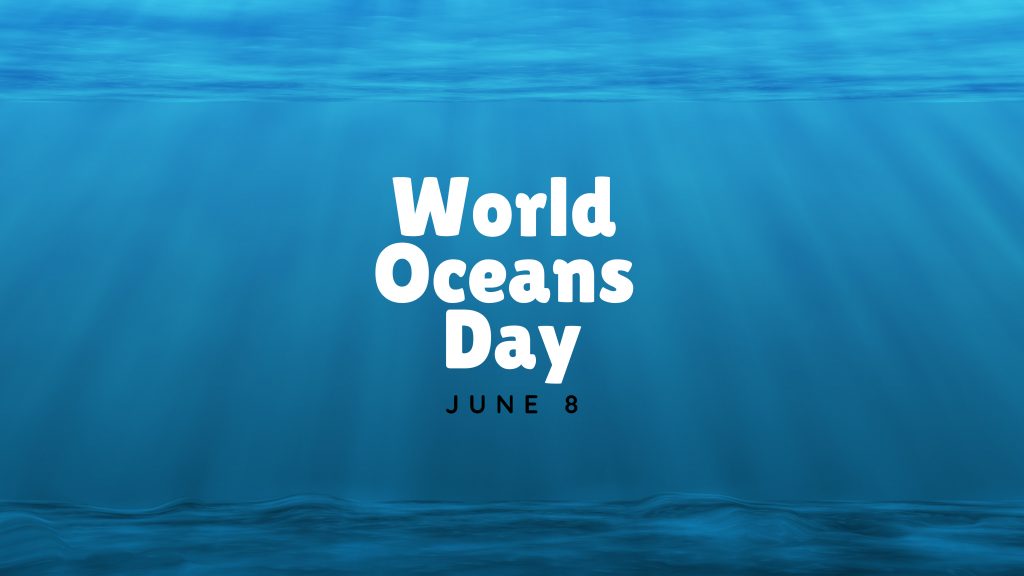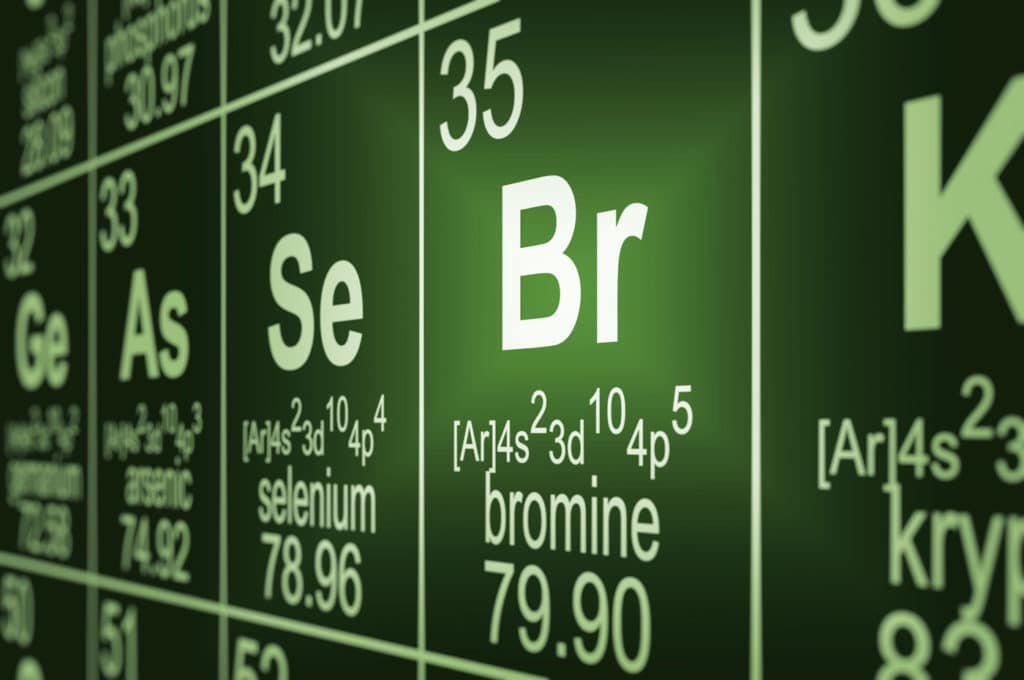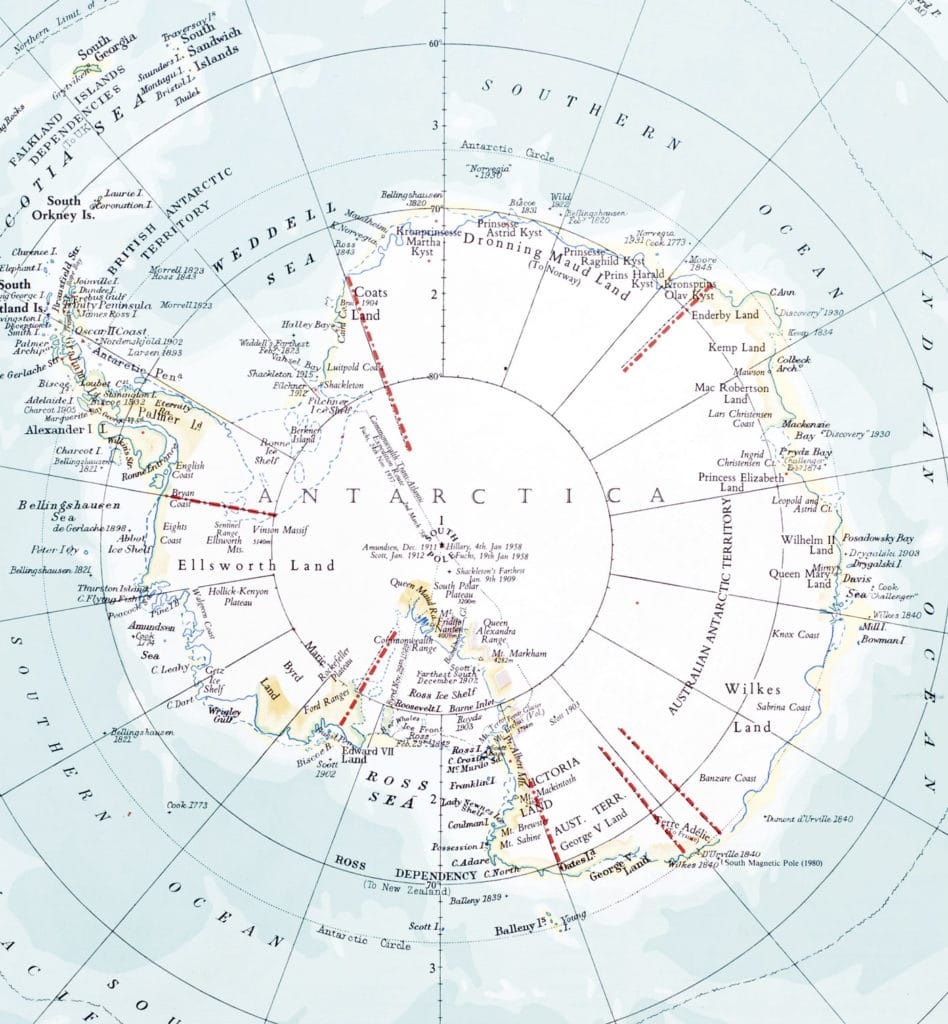Tag: Atlantic Ocean
World Oceans Day 2022

Engulfing two-thirds of the blue planet, our oceans are the habitat of over 50% of all life on Earth. Experts estimate that between 50–80% of the world’s oxygen bubbles up from the seven seas. However, human activity has detrimentally impacted marine life, with associated rising global temperatures, pollution, and overfishing wreaking havoc on fragile oceanic ecosystems. The 8th of June […]
Conveyor belts of the Atlantic Ocean: Moving particles, organisms and litter around the globe

Ocean currents are a conveyor belt spanning the entire globe; they are transporting minerals, nutrients, organisms and other particles across vast distances. However, the full extent of the roles played by these flows is still poorly understood. Dr Rui Caldeira, Director of the Oceanic Observatory of Madeira in Portugal, and his collaborators Dr Iria Sala, Cláudio Cardoso and Maria João […]
ACS: Taking chemistry to Hollywood

Science is everywhere. From your sofa to your car, pretty much any product you can think of would not exist without the work of science, and chemistry in particular. This fact is often under-appreciated by the public, but for Dr Donna Nelson of the American Chemical Society, she has made it her mission to change this. Following her work as […]
BAS: Investigating icy waters with Boaty McBoatface

Oceans are not only filled with many weird and wonderful creatures, but they can also slow down climate change – storing human-produced carbon and heat in their oceanic depths. Understanding how this process happens is vital to predicting the impact climate change will have over the coming years. Professor Mike Meredith, science leader at the British Antarctic Survey, focuses on […]
Read More… from BAS: Investigating icy waters with Boaty McBoatface